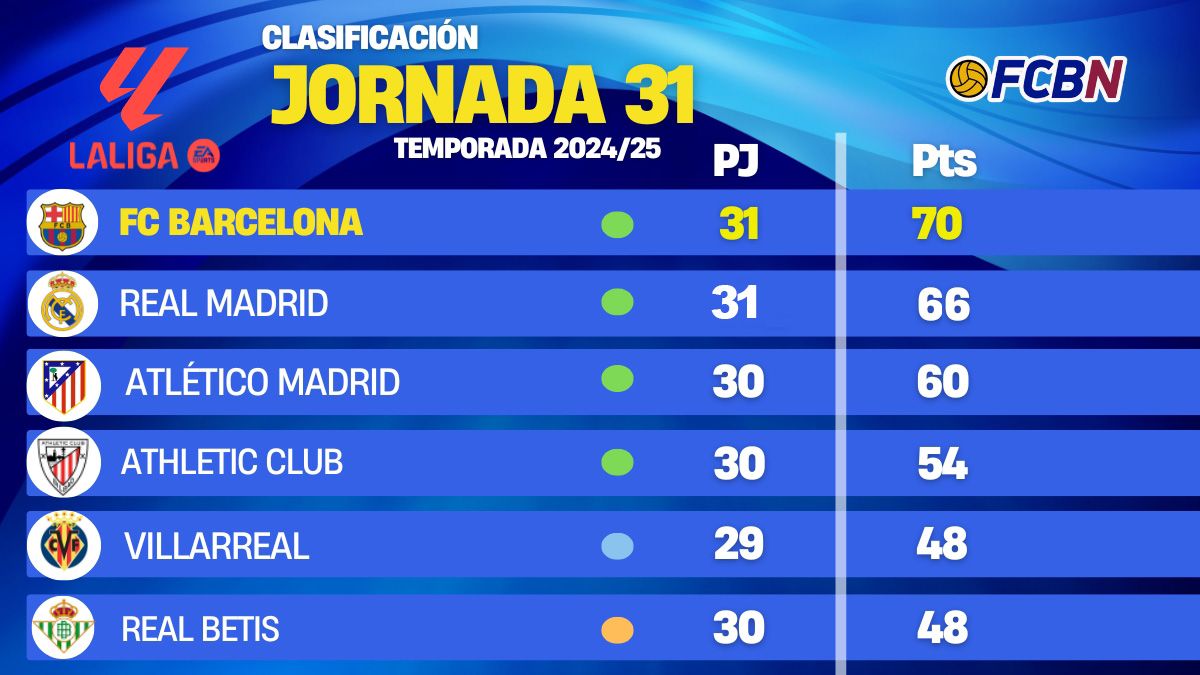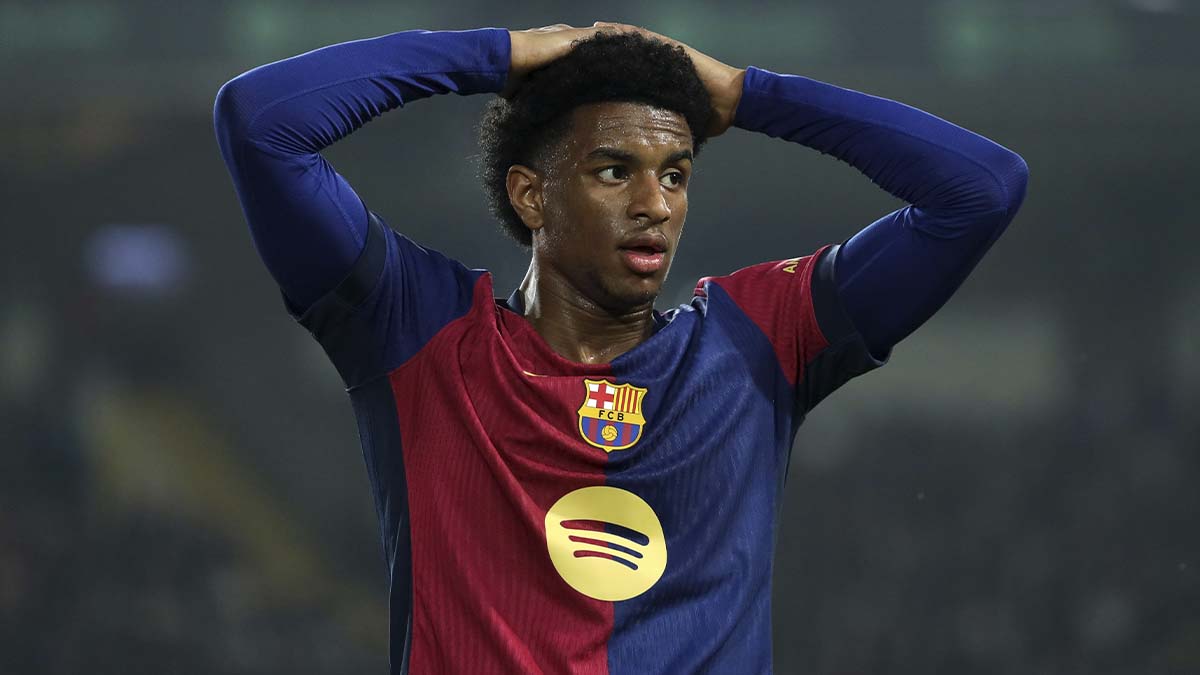
CHAMPIONS LEAGUE 2024/25
Success or failure? The doubts that the new Champions League format continues to generate
Published:21/02/2025 - 20:03h
Updated:21/02/2025 - 23:27h
UEFA Champions League defined this Friday the path that the 16 qualified clubs will face in the knockout stage. After two preliminary rounds, the new format of the tournament continues to generate more criticism than praise.
UEFA held the draw for the final bracket of the Champions League 2024/25 this Friday. With the new format, the draws for the quarter-finals and semi-finals are eliminated, but once the final bracket is set, the inconsistencies of a format that seems to be here to stay despite the criticisms from the press, fans, and the clubs themselves become evident.
After two decades with the same format as the World Cup, where 32 clubs were divided into eight groups to later determine the champion through three two-legged knockout rounds in the round of 16, quarter-finals, and 'semis' among the top 16 from the first phase, UEFA decided to eliminate the group stage to implement a league phase and a playoff that expanded the number of participating teams to 36, as well as the number of matches prior to the round of 16 from 6 to 8 or even 10 matches, in the case of clubs that had to play in the 'play-off'.
An Unfair Format for the Top Teams
In this sense, beyond the initial criticisms generated by the inequality between the rivals each club had to face (four matches away, four at home), one of the main injustices of the new format applies to the teams that advance directly to the round of 16 by finishing in the first to eighth place. In principle, clubs that finish in the TOP-8 receive better financial compensation and avoid playing two extra matches in February.
However, UEFA hinted before the start of the 2024/25 season that the TOP-8 teams would have an advantage as seeded teams in the knockout phase, something that has only been fulfilled for the round of 16. From the quarter-finals onwards, the top teams lose home advantage, as the matchups are defined according to how the bracket is set after the draw.
Too Much Reward for Less Competitive Teams
At the same time, teams competing in the playoff have many more opportunities to qualify for the round of 16, with better chances of going far in the tournament by being placed in a 'friendly' side of the bracket. This is the case of Club Brugge, which managed to enter the playoff as the twenty-fourth ranked team with only 3 wins and 2 draws (11 points) and can sneak into the top eight in the continent if they overcome Aston Villa in the round of 16.
Moreover, in individual performance, the new format also undermines competitive fairness. Players like Serhou Guirassy (10 goals), Harry Kane (7), Pavlidis (7), and Kylian Mbappé (7) have taken advantage of the playoff to improve their statistics in the scoring ranking, while players like Robert Lewandowski (9) or Raphinha (8) have had two fewer matchdays to compete for the Pichichi.
Was it worth changing the previous format? For financial compensation, yes, as the prizes have improved significantly. For spectacle, the number of matches has increased fan interest, but it also complicates clubs with a supercharged schedule. For competitiveness, it has clearly not been a success to provide so many opportunities to teams that only seem to take the tournament seriously starting in February or March.









